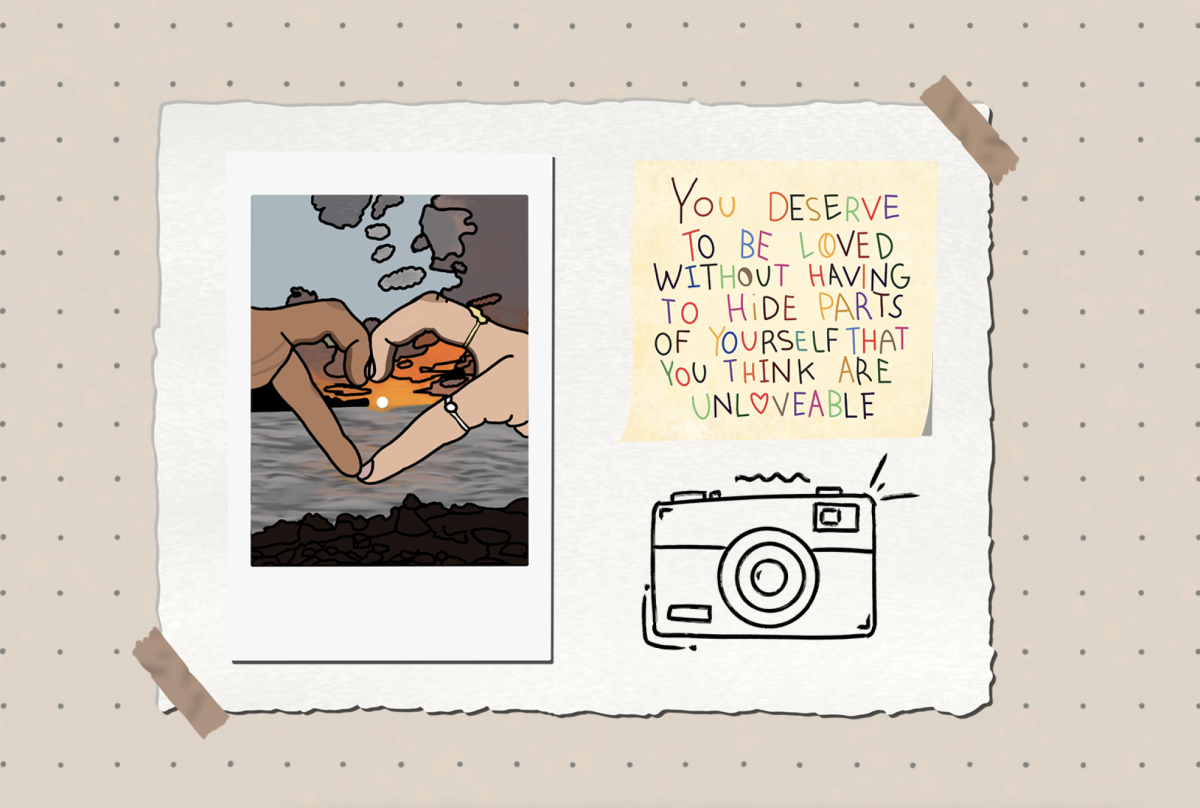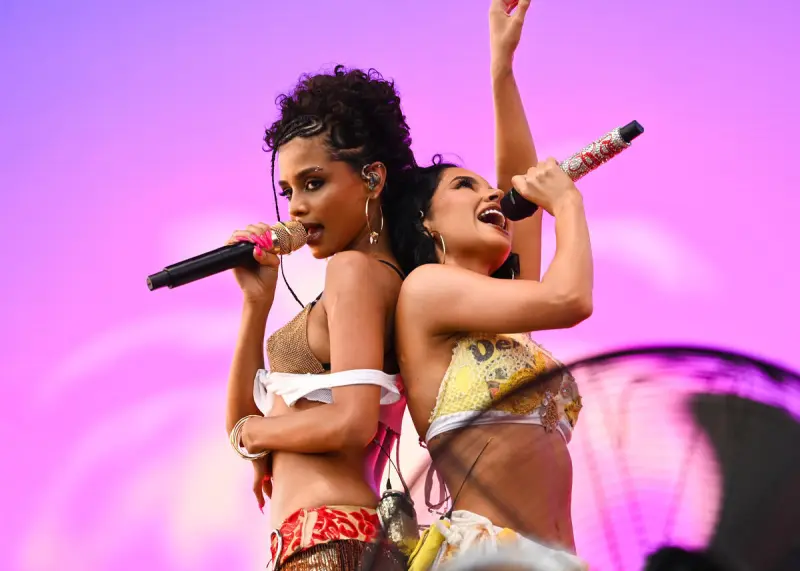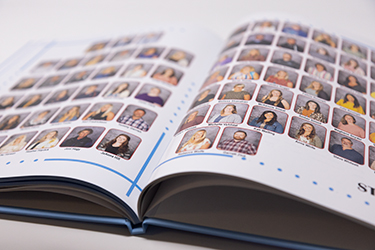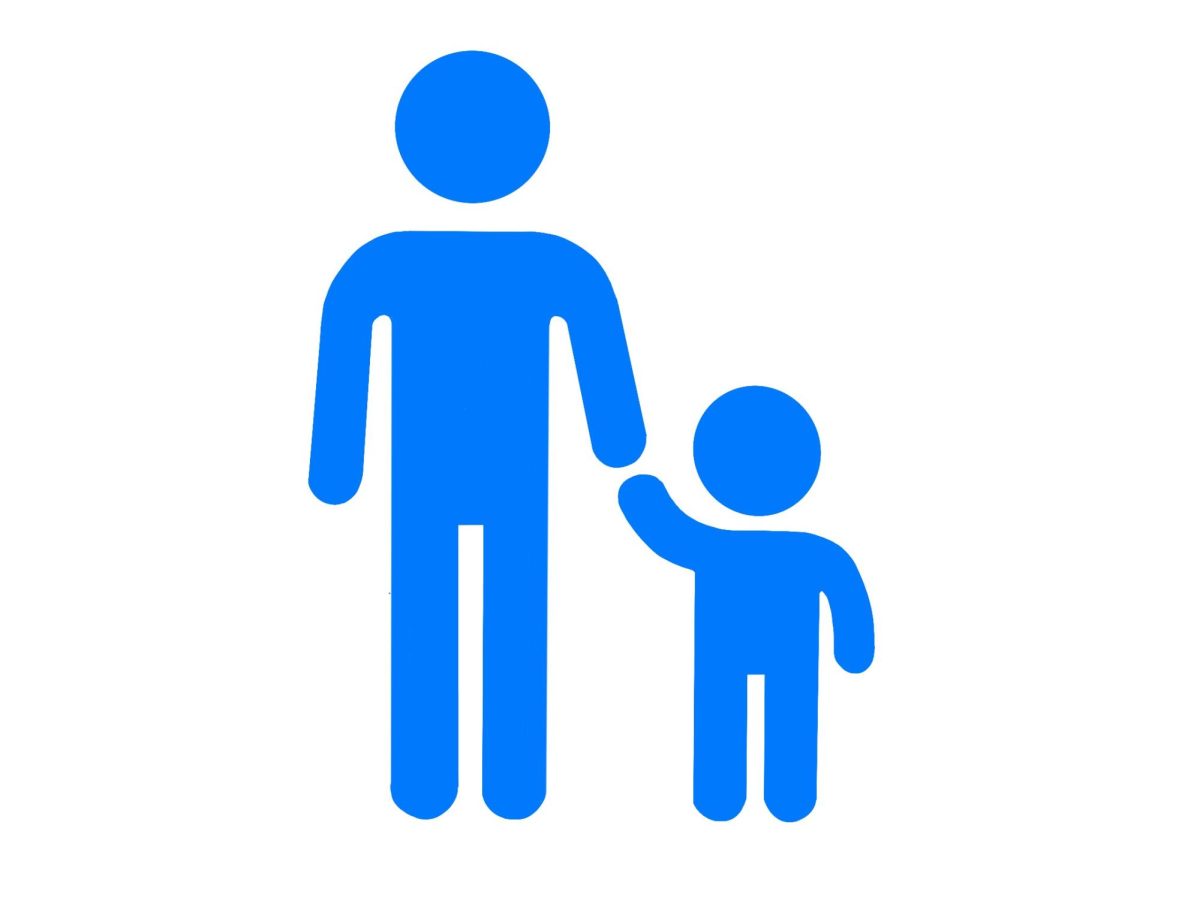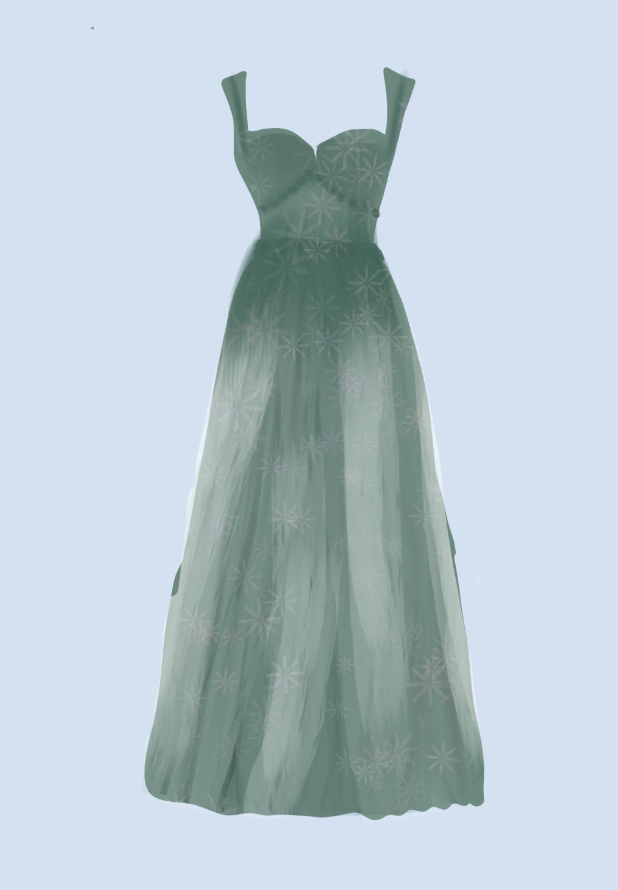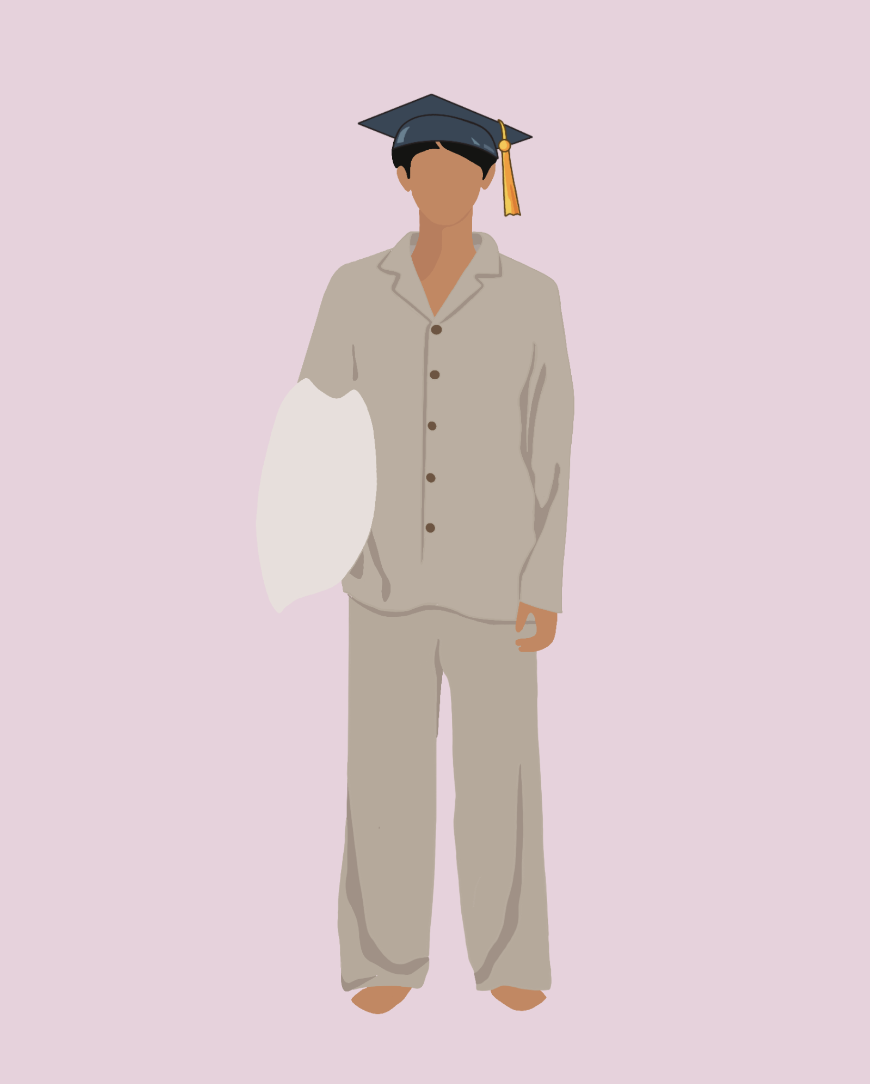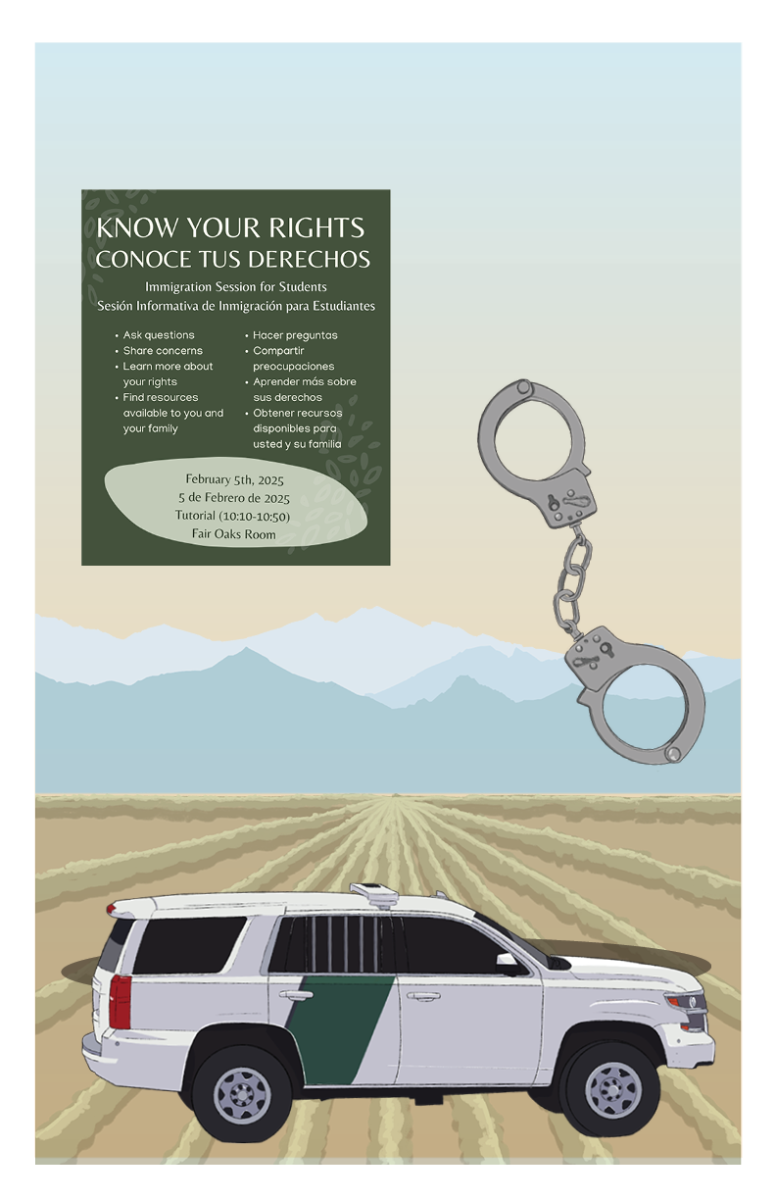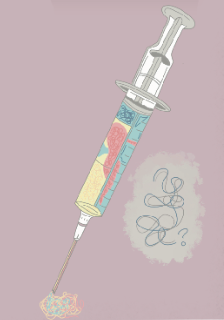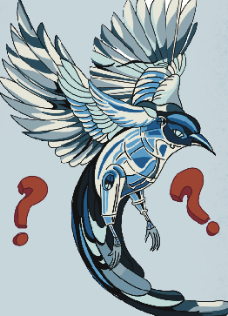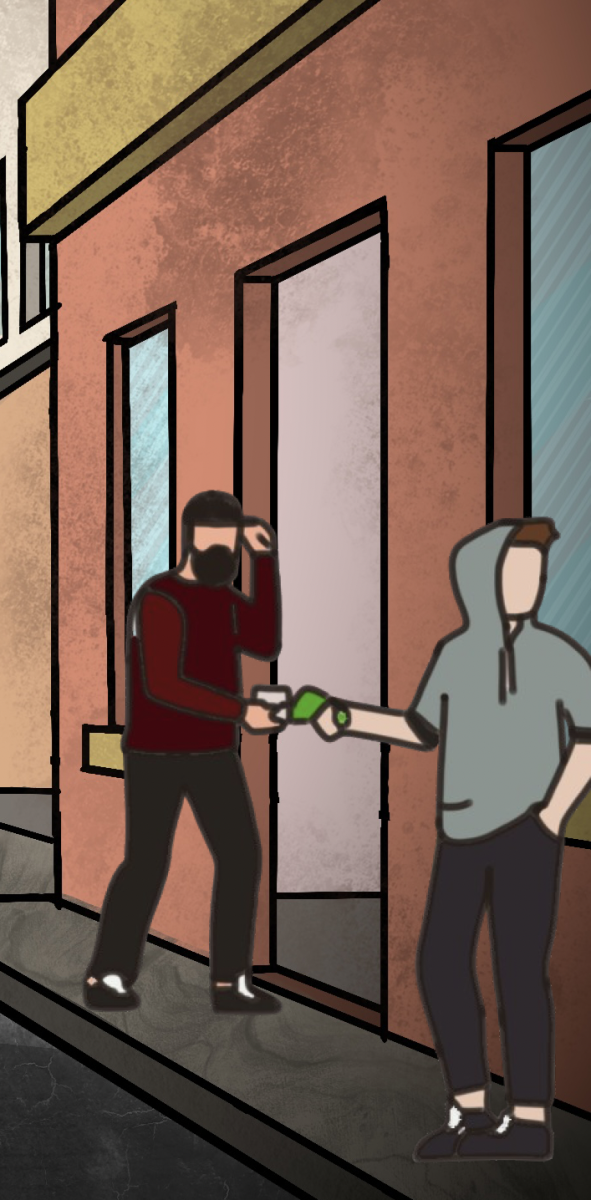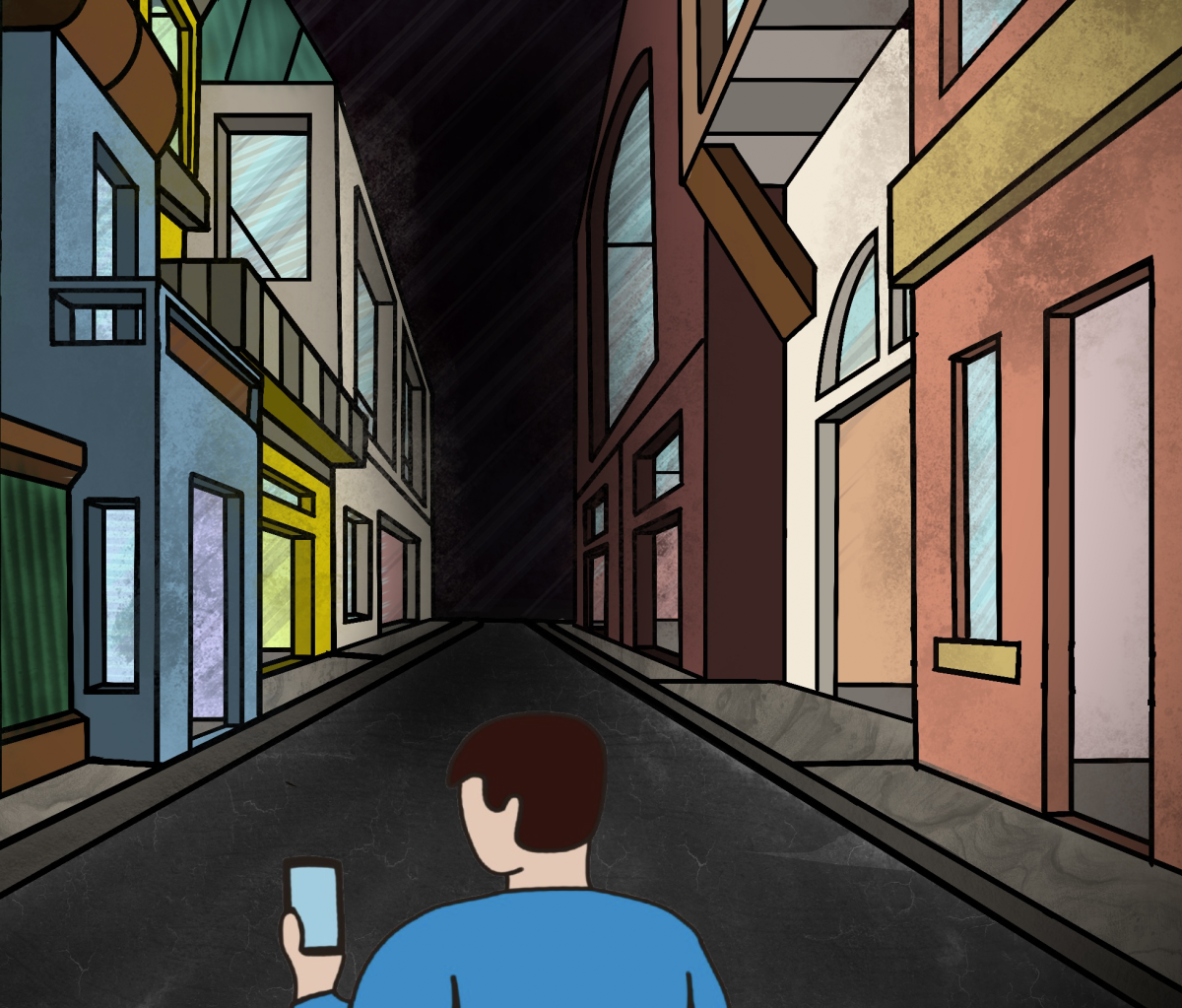Over the past few decades, social media has continued to create spaces online for people all over to connect and share. Profiles and personal accounts are modified to act as a peek into the lives, hobbies and interests of friends and family, making self-expression as accessible and convenient as the click of a few buttons. Social media has proven itself to be an extremely useful tool that can transcend the limitations of language barriers and differing time zones. However, it begs the question of whether social media can truly portray our authentic selves.
Perfectly curated posts, aesthetic stories and not-so-effortlessly written captions all serve the purpose of painting ourselves in a certain light. Whether they are pictures from your last vacation or of the coffee you drank that morning, we capture these moments in elaborate ways and display them for everyone to take in as a romanticized and airbrushed version of our lives. In many cases, this projection of oneself is innocuous, but teenagers, who are constantly consuming media, may develop damaged perceptions of themselves through comparison to these falsified online personas.
“If there isn’t any sort of boundary for oneself in terms of what kind of image you are portraying, I’m fearful for the individual,” FHS AP Literature and American Literature teacher Robert Javier said. “I think it could be harmful to a person’s mental health because what you curate isn’t necessarily who you are.”
Although trends and toxic influence can negatively impact impressionable users, social media is also a tool that grants people the freedom to showcase themselves in ways that are not possible without it. Through social media, users can connect with others and foster communities in spaces that could not exist in person due to geographical and social constraints.
“I think there’s such an immediate way to be exposed to access such creativity, and then even the networking amongst creatives to go ahead and be exposed and to learn from each other’s art forms, crafts, what have you and then possibly have collaborations,” Javier said.
Ultimately, social media should be used to highlight authentic self-expression online. Basing one’s self-worth on unattainable standards to present a particular image, creates unnecessary pressure. With the added weight of performative appearances online, to the already heavy load of balancing school and personal lives, teenagers should not feel pressured to modify themselves to appeal to the masses. Social media should be used as intended: a space to express ourselves, amplify creativity and share with others — not as a standard, but as a tool.


